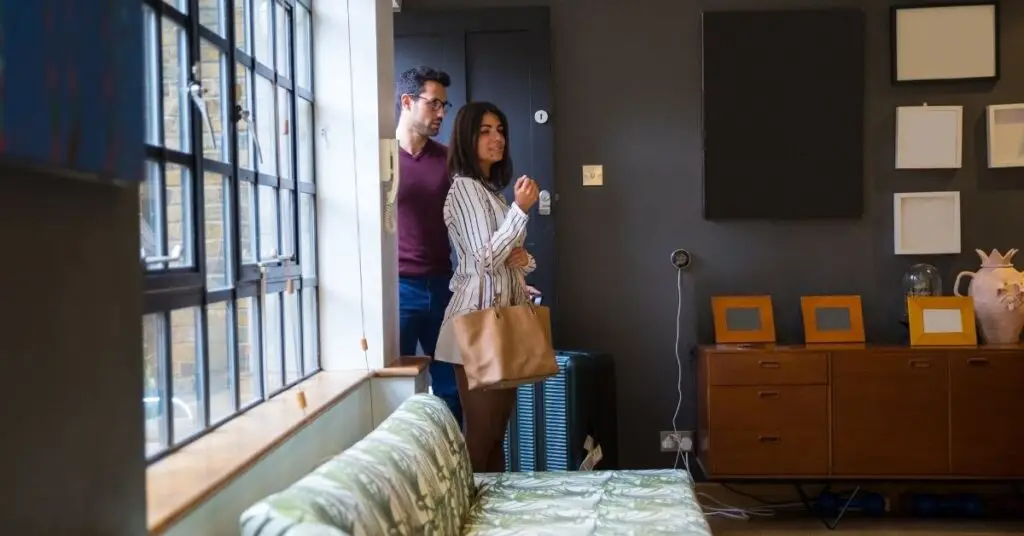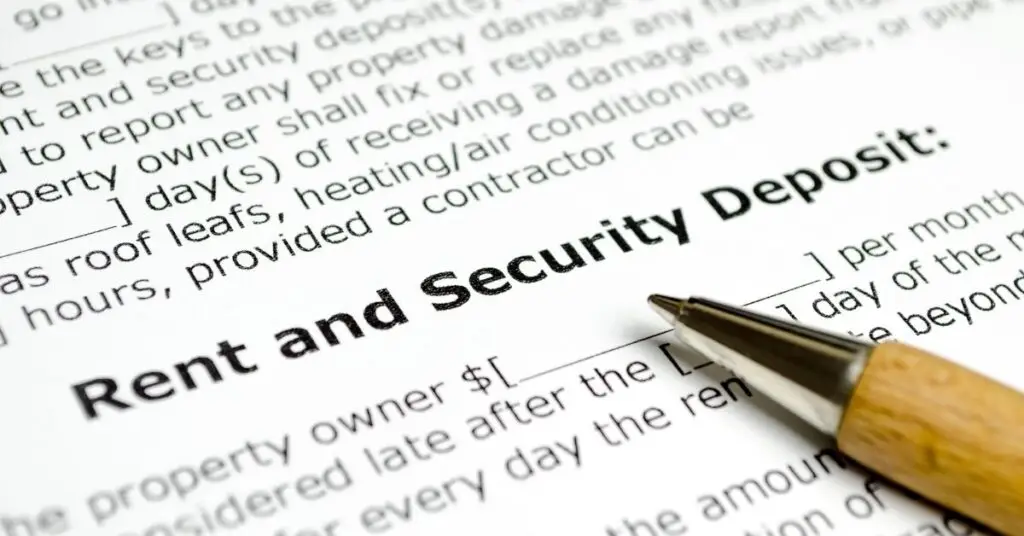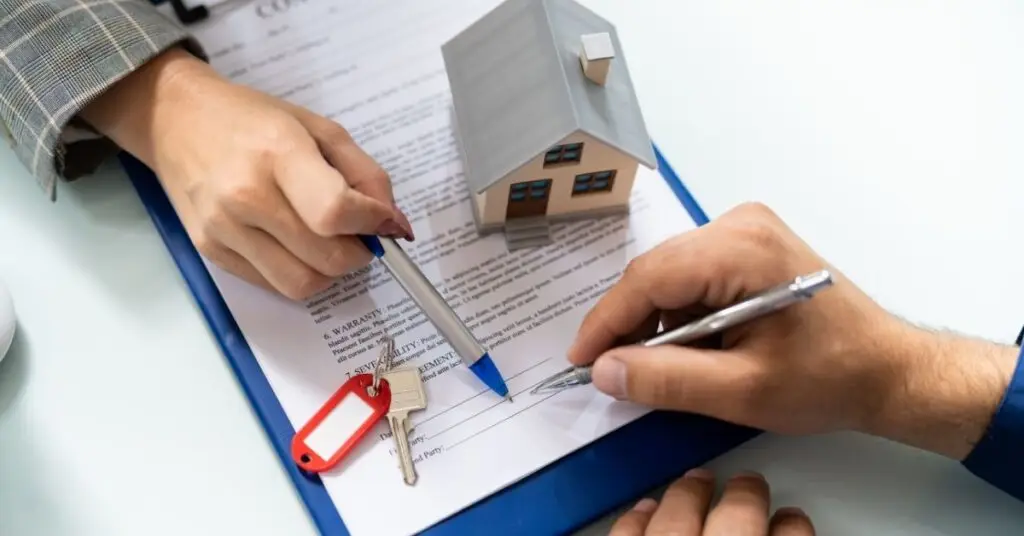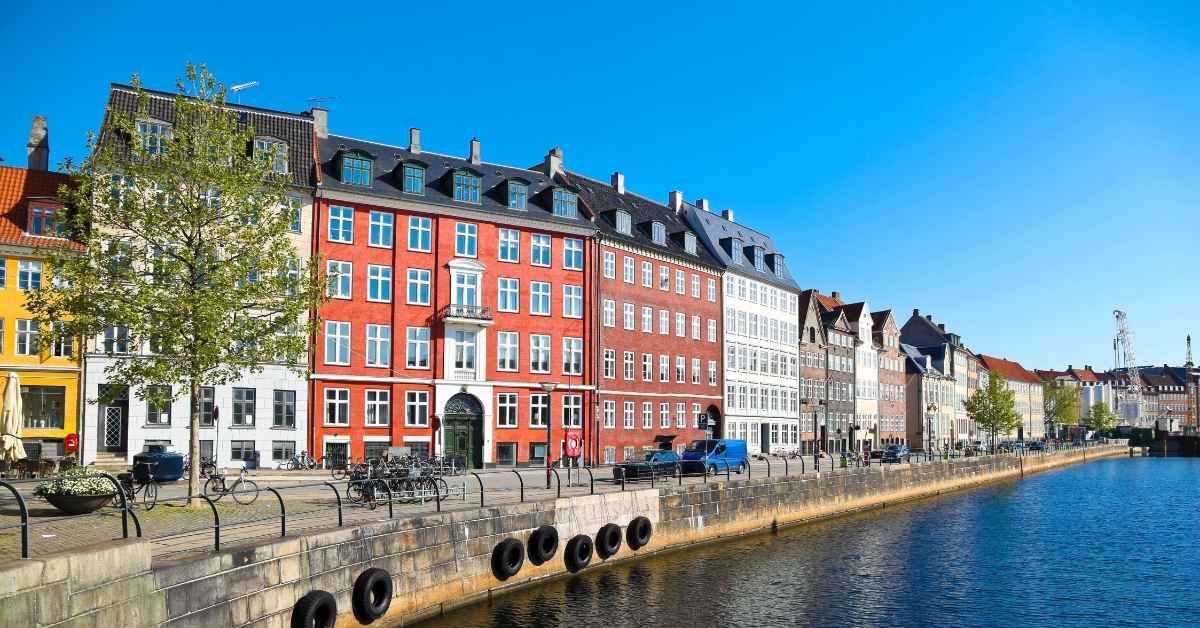Moving to Denmark is an exciting adventure. Whether you’re drawn by a new job, Denmark’s famed work-life balance, or simply the chance to live in a Scandinavian country with a high quality of life. But before you can start enjoying, you’ll need to secure a place to find how renting in Denmark works.
For expats, renting in Denmark can feel overwhelming. The market is competitive, especially in larger cities like Copenhagen, where rental properties are in high demand. You’ll also need to navigate unfamiliar rental agreements, understand Danish laws, and ensure you’re getting a fair deal without blowing your budget.
Don’t worry, though. With the right guidance, you can confidently rent in Denmark. In this blog, you’ll learn how to navigate the Danish rental market, understand your rights and responsibilities as a tenant, and avoid common pitfalls that often trip up expats.
Understanding the Danish Rental Market

Renting in Denmark comes with some unique quirks, and it’s important to understand these before you begin your search. Unlike in many countries, expats will find that renting a fully furnished apartment is fairly common here—especially when you’re looking for more short-term housing in Copenhagen. This is great news if you’re relocating with just a few suitcases and aren’t keen on buying or transporting furniture just yet.
Furnished vs. Unfurnished Rentals
Furnished rentals in Denmark are popular with expats because they offer convenience. These apartments are typically fully equipped with everything you need, from beds to kitchenware, so you can settle in straight away. This can save you a significant amount of time and money upfront. However, if you’re planning to stay long-term or want more control over your living space, unfurnished rentals might be a better option. While you’ll need to invest in furnishing your place, it allows for more personalisation and often comes with lower rent (It’s also important to note that you will often be liable for the furniture).
Types of Rentals
Most expats opt for apartments when renting in Denmark, which range from small studio flats to larger two- or three-bedroom homes. In cities, apartments are often the most convenient option, but if you’re seeking more space, especially in the suburbs or smaller towns, houses are available too. Danish houses, particularly the traditional ones, offer charm and ample space, while modern homes come with sleek designs and all the amenities you could need.
Neighbourhoods to Consider When Renting in Denmark
Copenhagen has a diverse range of neighbourhoods, each with its own distinct vibe. Frederiksberg is popular among families and professionals who appreciate its leafy streets and quiet atmosphere. Nørrebro, on the other hand, offers a more vibrant and multicultural experience, appealing to younger expats looking for energy and variety. If you’re considering moving outside Copenhagen, cities like Aarhus, Denmark’s second-largest city, or Odense, home to fairytale landscapes and a quieter pace of life, can also offer fantastic rental opportunities at more affordable prices.
Competition in the Market
Denmark’s rental market is competitive, especially in cities. Rentals in Copenhagen tend to go quickly, so you need to be prepared to act fast when you find a property you like. This means having your paperwork ready (more on that later) and being quick to schedule viewings and submit applications.
Budgeting for Renting in Denmark
Understanding the costs associated with renting in Denmark is key to avoiding surprises later. Rent varies significantly depending on the city and the type of property you choose, but there are several common expenses you’ll need to consider. Here’s a breakdown of what you’ll need to budget for.
Breakdown of Rental Costs, Deposits, Utilities, and Other Expenses

- Monthly Rent: Rent will likely be your biggest expense. In Copenhagen, expect to pay 12,000 to 16,000 DKK per month for a two-bedroom apartment. In smaller cities like Aarhus or Aalborg, similar apartments range from 8,000 to 12,000 DKK.
- Security Deposit and Prepaid Rent: Most landlords require a deposit equal to 1-3 months’ rent, plus up to three months of prepaid rent. This means when signing the contract, you may need to pay several months’ rent upfront. The deposit is refundable if the property is left in good condition.
- Utilities: Utilities—like electricity, heating, water, and internet—are generally not included in rent. Depending on usage, these can add 1,000 to 2,500 DKK monthly. Winter heating costs are higher, especially in older buildings, while newer constructions may have lower heating bills due to sustainable design.
- Insurance: Renter’s insurance is optional but recommended. For 1,000 to 2,000 DKK annually, you can cover your belongings against theft, fire, and other damage, offering peace of mind.
- Furniture and Appliances (if renting unfurnished): Unfurnished apartments may require a budget for furniture and appliances. Some apartments include essentials like fridges or washing machines, but many don’t. Outfitting a home from scratch can be pricey, though you can save money by buying second-hand items through thrift stores or online marketplaces like Facebook or dba.dk.
- Transportation Costs: If you live outside the city center, budget for transport costs. Copenhagen has an excellent public transit system, with monthly passes starting at 400-750 DKK, depending on zones.
Navigating Rental Agreements
Danish rental agreements can seem complex, especially if you’re unfamiliar with the terminology. It’s essential to understand the terms in your contract to avoid misunderstandings later.
Key Terms to Know, Tenant Rights, and Landlord Expectations
- Lease Terms: When renting in Denmark, you’ll typically encounter fixed-term and open-ended leases. Fixed-term leases last for a set period, often 12 or 24 months, after which you’ll need to renegotiate or move out. Open-ended leases allow you to stay indefinitely, provided you abide by the terms of the agreement.
- Security Deposit: As mentioned, deposits can be up to three months’ rent. This money is held by the landlord as protection against any damages you may cause during your stay. Make sure to document the condition of the property when you move in, as this can help resolve any disputes when the lease ends.
- Prepaid Rent: It’s common for landlords to request up to three months of rent in advance. This is different from the deposit, as it counts towards your future rent payments (usually the last three months of your tenancy).
- Rent Escalation: Your contract may include provisions for rent increases, often tied to inflation or market conditions. Be sure to check if and when rent adjustments can be made so you can budget accordingly.
- Tenant Rights: Danish law protects tenants with clear guidelines on rent control, maintenance, and eviction. For example, landlords cannot raise rent arbitrarily, and any rent increase must be justified. Tenants are also entitled to reasonable notice before the landlord enters the property, except in emergencies.
- Landlord Responsibilities: Landlords are responsible for the property’s major maintenance, such as fixing structural issues or plumbing problems. However, tenants are usually expected to handle minor upkeep, like changing light bulbs or cleaning.
- Termination Clauses: If you want to end your lease early, be sure to check the termination clause in your agreement. Most contracts require at least three months’ notice. Keep in mind that breaking a lease early without the proper notice can lead to penalties.
Renting in Denmark: Platforms and Agencies

Now that you understand the basics of the rental market and agreements, it’s time to start your search. Luckily, Denmark offers plenty of ways to find rentals, whether you prefer searching online or using a real estate agent. These platforms are also ideal if you’re looking for student housing in Denmark.
1. Online Platforms
Websites like BoligPortal, Lejebolig, and Boliga are the go-to sources for rental listings in Denmark. These platforms allow you to filter by location, price, and type of property. If you’re specifically looking for rent in Copenhagen, you’ll find that the competition is high, so it’s best to check listings frequently and be prepared to act fast when a good option appears.
2. Real Estate Agencies
If you’d rather have a professional handle the search for you, real estate agencies are an excellent option. Many agencies specialize in helping expats find housing and can assist with everything from the search process to navigating Danish rental law. While they typically charge a fee (usually 1-2 months’ rent), this can be worth the convenience, especially if you’re short on time.
3. Facebook Groups and Expat Forums
Facebook groups like “Expats in Copenhagen” and various expat forums often feature rental listings and are great places to connect with landlords directly. This can help you avoid agency fees and may give you access to rentals before they hit the major platforms.
Top Tips for Expats Renting in Denmark
Finding the perfect rental can be tricky, but these tips will help make the process smoother and save you from common mistakes.
- Start Your Search Early: Cities like Copenhagen have competitive rental markets, so start your search several months before your move to increase your chances of finding the right place.
- Prepare Your Documents: Have your documents—ID, proof of income, employment contract, and references—ready. This will streamline your application and make you more appealing to landlords.
- Consider Areas Outside the City Centre: Expanding your search to areas near central Copenhagen, like Amager and Østerbro, can save on rent while maintaining good transport access and quality of life.
- Clarify Lease Terms: Ask about any unclear lease terms before signing. It’s better to clarify concerns upfront than to find out later about unexpected terms.
- Document the Property’s Condition: Take photos or videos of the property when you move in, particularly of any existing damage. This can help protect your deposit when you move out.
- Negotiate, if Possible: While the market is competitive, you may be able to negotiate rent, especially if the property has been listed for a while or if you’re open to a longer lease.
- Check Listings Regularly: Regularly browsing listings can help you spot better or more affordable options even if you’re not actively looking, giving you flexibility if an ideal property appears.
- Consider Joining the “LLO”: The National Tenant’s Organization (LLO) offers support with tenant disputes and general rental advice. Membership is about 1,200 DKK per year and can be invaluable for guidance and assistance.
Frequently Asked Questions About Renting in Denmark
1. How much is the average rent in Denmark?
In Copenhagen, rent for a two-bedroom apartment ranges from 12,000 to 16,000 DKK. In smaller cities, expect 8,000 to 12,000 DKK.
2. What documents do I need to rent a property in Denmark?
You’ll need proof of income, personal ID, an employment contract, and sometimes references from previous landlords.
3. Are furnished rentals common in Denmark?
Yes, especially in cities like Copenhagen. Furnished rentals are ideal for expats with minimal belongings, though unfurnished options are also available.
4. What does utility costs work in Denmark?
Utilities like electricity, heating, water, and internet are usually separate from rent. Costs can add 1,000 to 2,500 DKK per month, with heating being higher in winter.
5. What is the security deposit when renting in Denmark?
Landlords typically require 1-3 months’ rent as a deposit, plus up to three months of prepaid rent. The deposit is refundable if no damage occurs during the tenancy.
6. Can I negotiate the rent in Denmark?
Rent negotiation is rare but possible, especially if a property has been on the market for a while or you’re willing to sign a long-term lease.
7. How does the rental application process work?
Submit your application with documents like proof of income and ID. In competitive areas like Copenhagen, act quickly and ensure all paperwork is ready beforehand.
8. What are my rights as a tenant in Denmark?
Danish law provides tenants with strong protection, including rights against unfair rent increases, proper maintenance, and reasonable notice before eviction.
9. What is included in a typical rental agreement in Denmark?
A rental agreement usually covers the rent, length of the lease, security deposit, tenant and landlord responsibilities, and any rent escalation clauses.
10. Are there rent control laws in Denmark?
Yes, rent control exists to prevent excessive rent hikes. Rent can only increase under specific conditions, such as market changes or after property improvements.
11. Can foreigners rent property in Denmark?
Yes, foreigners can rent property without restriction in Denmark. As long as you have the necessary documentation, the process is the same for expats as it is for locals.
12. How long does it take to find a rental in Denmark?
It can take anywhere from a few days to a few weeks, depending on the area and demand. In popular cities like Copenhagen, the market moves fast, so be prepared to act quickly.




